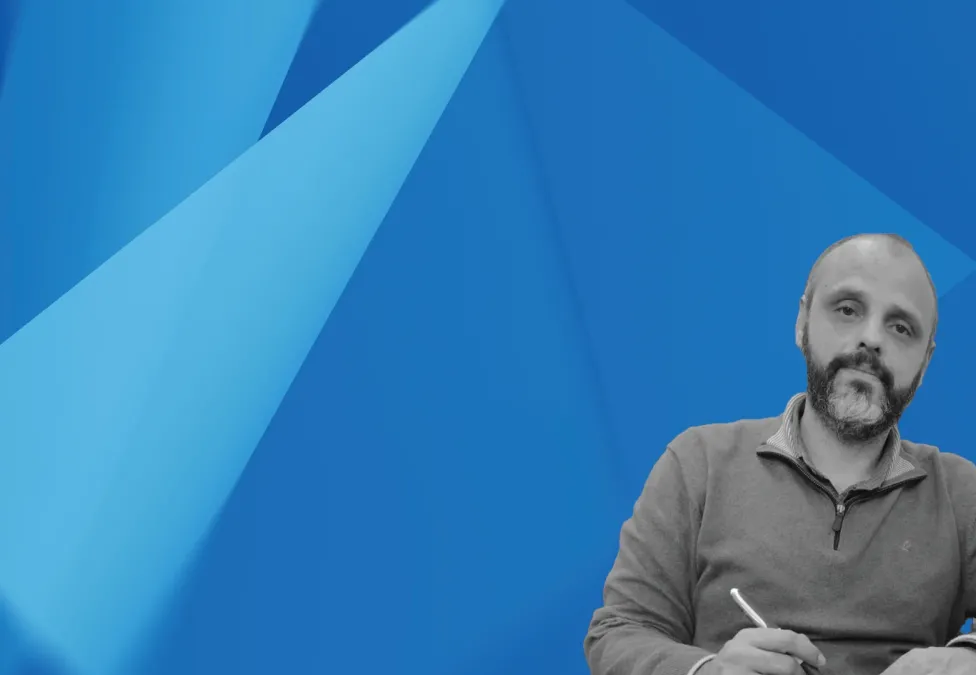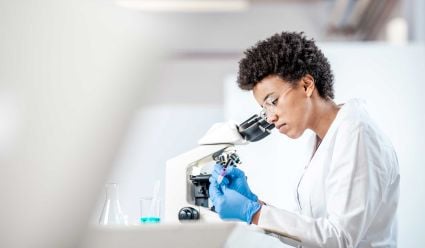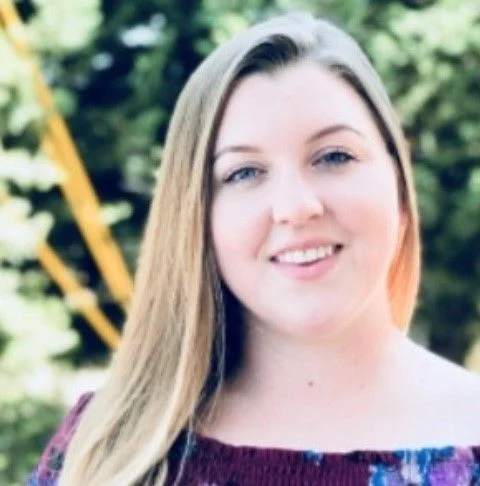
Please tell us what brought you to the Adolfo Lutz Institute’s Rapid Response Center.
When the COVID-19 pandemic erupted, our general director invited me to take on the Rapid Response Center, with the task of bringing production techniques to laboratory epidemiological response in order to build a strategy for accurate and rapid response. Before being the rapid response director, I was responsible for the support material in the institution.
How are you implementing a rapid surveillance strategy in emergencies and threats?
Our rapid surveillance strategy is based on prospecting priority infectious diseases through international and national events, rumors, news, and restrained demands. When the priorities are elected, our team keeps in constant contact with epidemiological authorities and partner labs to verify if there are protocols for those diseases. If not, such protocols are developed by our staff, including preparation for eventual sudden increase of samples due to an emergency, mainly through automation and implementation of technologies.
What are the barriers you face in your work to address public health emergencies?
The main barriers we face to address and respond to public health emergencies come from private institutions and universities, but also from some public institutions that do not understand the importance of reporting results in real time, for instance, by holding their data to be used first in scientific papers. This behavior is the opposite of what should be done in emergencies, when data should be shared instantly with the community through proper channels in accordance with the International Health Regulations. Along with that, the responses are normally not coordinated, considering those institutions refuse to follow the methodologies proposed by sanitary authorities, which is required by law in our country.
What made you most interested in participating in the Milken Institute’s Financial Innovations Lab: Financing Global Early Warning Systems in Brazil?
Mainly to hear from some private investors and companies regarding what they think and understand about public health and the preparation and response to pandemic-prone diseases.
What was the most helpful part of the Lab process for you and your organization?
To certify that the majority of private investors and institutions need a better understanding of what is really being done by our public health system. During the Lab process, it became clear that most of the participants did not know our Unified Health System and the Ministry of Health, states’ health secretaries, and municipalities operations in public health.
Based on advances in technology and investment in the sector, what do you see as the future of early warning systems in Brazil?
Future warning systems in Brazil must be based, in principle, on sharing all the data with the authorities, which is not done properly today by all health workers and institutions, such as clinics, hospitals, private labs, and universities. Investments and technology could be used to implement easy-to-use and unified systems for those actors to inform authorities, considering one of the issues in our country is the existence of several systems and databases that are not integrated.
















